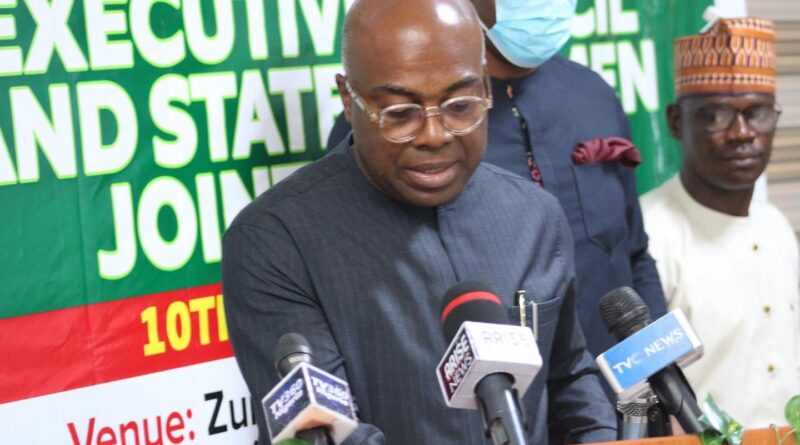FG to Ban 60,000-Litre Tankers on Federal Roads From March
The Federal Government has announced that tankers carrying more than 60,000 litres of petroleum products will be banned from loading at depots and traveling on federal roads starting March 1, 2025. Additionally, from the fourth quarter of 2025, no truck carrying more than 45,000 litres will be allowed to load.
This was disclosed by the Executive Director of Distribution System, Storage, and Retailing Infrastructure at the Nigerian Midstream and Downstream Petroleum Regulatory Authority (NMDPRA), Ogbugo Ukoha, during a briefing in Abuja on Wednesday.
According to Ukoha, the decision follows discussions with industry stakeholders about the frequent accidents and explosions caused by overloaded fuel tankers. Recent data shows that petrol tanker crashes have led to the deaths of 493 people in the last three years.
The National Association of Road Transport Owners (NARTO) had previously opposed the planned ban, arguing that it could result in financial losses exceeding ₦300 billion, with over 2,000 trucks abandoned. Each truck costs around ₦150 million, making this policy a major concern for transporters.
However, after further consultations with stakeholders—including NARTO, the Independent Petroleum Marketers Association of Nigeria (IPMAN), the Major Oil Marketers Association of Nigeria (MOMAN), the Standard Organisation of Nigeria (SON), and the Department of State Services (DSS)—the government has now set a phased timeline for implementation.
Ukoha explained that while trucks over 60,000 litres will be banned from March 2025, the restriction on trucks exceeding 45,000 litres will take effect in late 2025. He emphasized that the gradual enforcement would allow truck owners and investors to adjust their operations and avoid sudden losses.
He also noted that the increasing weight of fuel tankers—from 27,000 litres to 33,000 litres, then 45,000 litres, and now over 60,000 litres—has significantly impacted road infrastructure. The Ministry of Works has raised concerns about road damage caused by these heavy trucks.
The NMDPRA said that while the ban might affect some investments, the government must prioritize public safety and road infrastructure. The gradual implementation aims to ensure a balanced approach that benefits all stakeholders.








